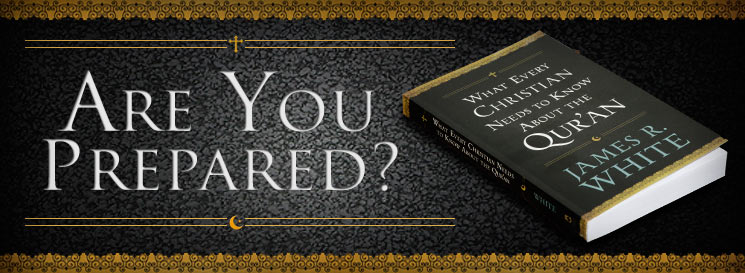I read Glorious Ruin on a trip we took as a family to grieve and process a loss we suffered this year.
In many ways I found this book similar to C.S. Lewis' A Grief Observed in the sense that it identifies well the feelings and confusion of experiences of grief, while being slow to offer any explanation or purpose for the suffering.
This was perhaps what I found to be the most helpful aspect of this book - the realization that for God to be good and trustworthy He is not required to give me a detailed explanation of why exactly everything has happened as it did. The urge to - either from a sanitized "Oprahfied" church culture or an understandable personal desire to suffer as little as possible - to see a silver lining in every cloud is to minimize the depth of real pain that suffering brings. And to minimize suffering is to minimize the power of the Gospel - a Gospel that is present in suffering and gives us hope in the future sinless, painless eternity with Christ.
Another Gospel-denying response to suffering that Tchividjian points out is the practice of moralizing. He defines moralizing as interpreting "misfortune as the karmic result of misbehavior. This for that." In other words believing that all of your suffering is a direct punishment from God for something bad that you did. This errant view of suffering puts the solution and hope of the sufferer back on their shoulders, making them think that since their suffering was caused by their bad deeds, their good deeds will be what will turn their luck around. As he states, "Karma puts us in control." This is a false hope.
Contrasting a "theology of glory" (which sees God only present in situations of victory) with Luther's "theology of the cross" Tchividjian calls the reader to see how suffering unites us to the suffering of Christ, the God Man who suffered on our behalf. It is by hoping in the power of his suffering, death, and resurrection that we can be assured God is present in our season of suffering and that He will preserve us until the day that He finally wipes away every tear, sickness, and sorrow.
A few quotes:
"The required cheerfulness that characterizes many of our churches produces a suffocating environment of pat, religious answers to the painful, complex questions that riddle the lives of hurting people."
"Thankfully, the good news of the gospel is not an exhortation from above to “hang on at all costs,” or “grin and bear it” in the midst of hardship. No, the good news is that God is hanging on to you, and in the end , when all is said and done, the power of God will triumph over every pain and loss. William James once wrote, “Where [God] is, tragedy is only provisional and partial, and shipwreck and dissolution are not the absolutely final things.”"
"Our point of pain reveals to us our greatest need— our need to be set free from false hopes and to cling to the only hope of the gospel."
"Suffering has a way of stripping all resources away from us so that in the end, all that we have is the only thing that matters: the approval of God based on the accomplished work of Jesus."


